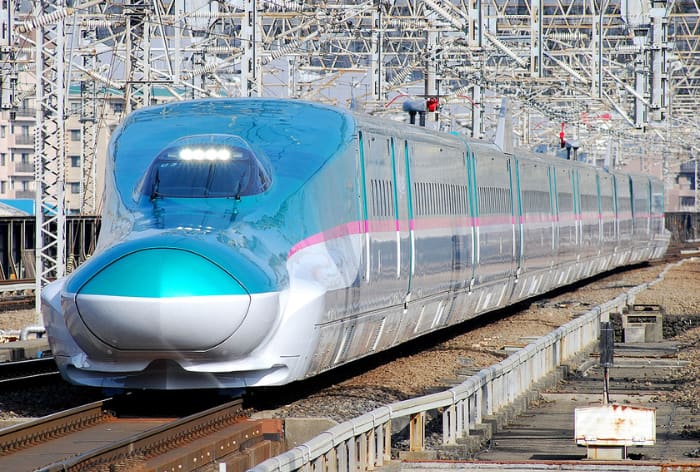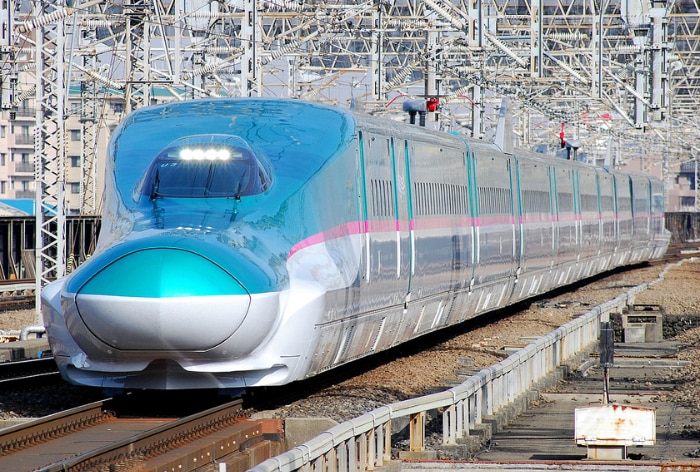President Murmu announces government’s initiative to conduct feasibility studies for bullet train corridors in the North, South, and East regions of the country. These studies will assess the viability and impact of implementing high-speed rail networks in these strategic areas.

In a significant announcement, President Droupadi Murmu revealed that the government has embarked on conducting feasibility studies for bullet train corridors in the North, South, and East regions of the country. President Murmu emphasized the transformative impact of infrastructure development, highlighting it as the new emblem of a progressive India. In her speech, she also mentioned the ongoing high-speed rail project between Ahmedabad and Mumbai in the western part of the country. “Work on the High-Speed Rail Ecosystem between Ahmedabad and Mumbai is also progressing at a rapid pace,” President Murmu said.
The 508-km Ahmedabad-Mumbai high-speed corridor is the first in the country on which a bullet train will run at 320 kmph speed covering the whole distance in just 2 hours and 7 minutes with limited stops at Surat, Vadodara and Ahmedabad. With planned halts at Surat, Vadodara, and Ahmedabad, this project promises travel efficiency and connectivity in the region. The National High-Speed Rail Corporation Limited, overseeing the construction, aims to complete the initial phase from Surat to Bilimora by August 2026.
President Murmu also underscored the government’s vision to elevate India’s public transport system to global standards. The ambitious goal includes expanding the Metro network to 21 cities within a decade. Speaking on the government’s efforts to make India’s public transport system one of the best in the world, she said, “In 10 years, Metro has reached 21 cities. Work is going on in many schemes such as Vande Metro.”
First stretch of Mumbai-Ahmedabad high-speed train to be ready by 2026
The first stretch of the Mumbai-Ahmedabad high-speed train from Billimora to Surat will be ready by 2026, the minister of railways Ashwini Vaishnaw had said earlier.
Vaishnaw conducted the first remote-controlled blasting for tunnel digging work at the Vikhroli shaft, marking the beginning of tunnel boring operations.
He added that the country’s first bullet train project faced delays due to the previous Maharashtra government’s delays.
The operational plan outlines that high-speed trains on the corridor will travel at a speed of 320kmph, stopping at 12 stations along the 508-kilometre route. The ministry plans for 35 trains per day in each direction, operating every 20 minutes during peak hours and every 30 minutes during non-peak hours.
The journey will take one hour and 58 minutes with limited stops (in Surat and Vadodara) and two hours and 57 minutes with all stops.
(With PTI inputs)

